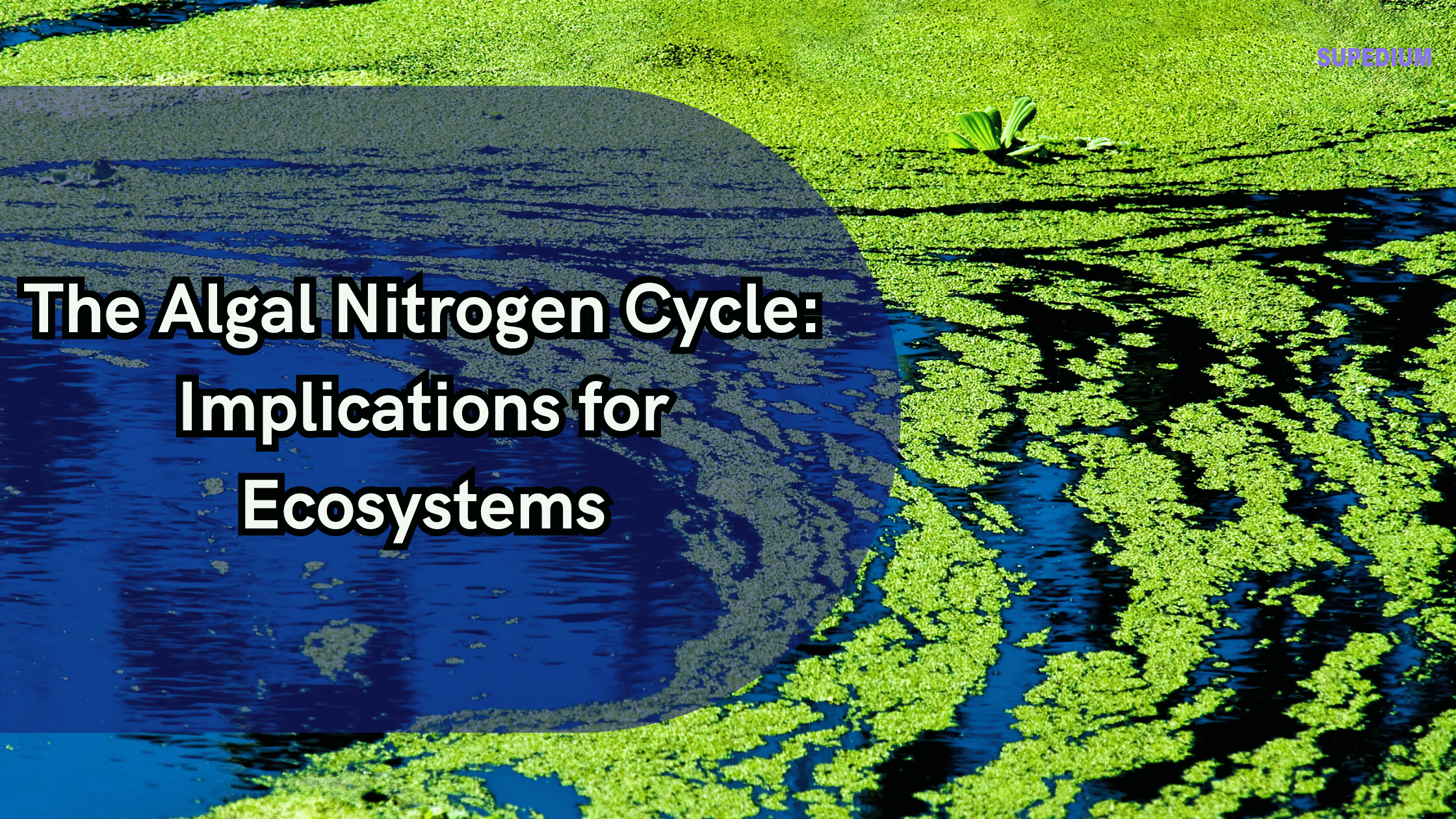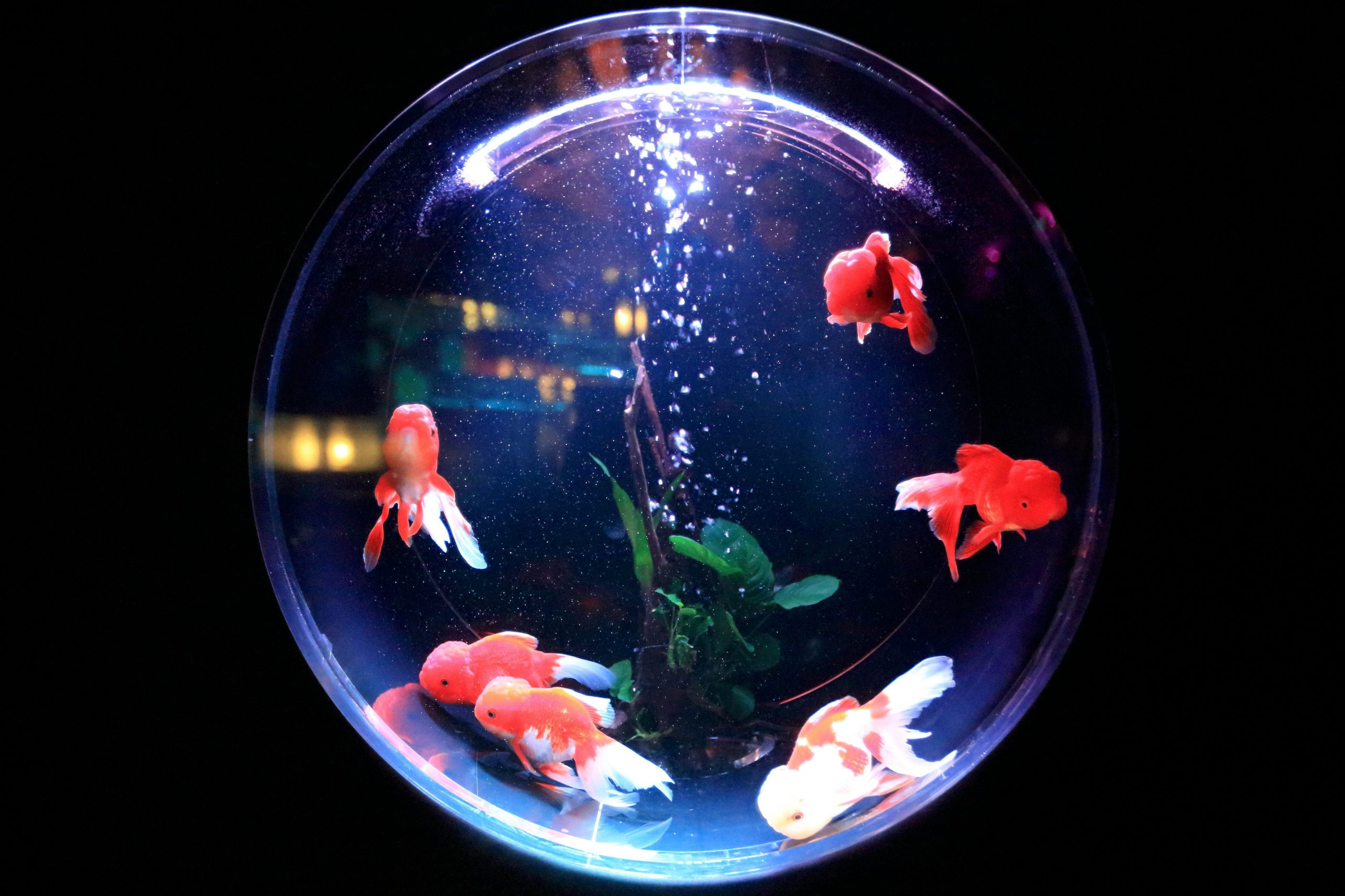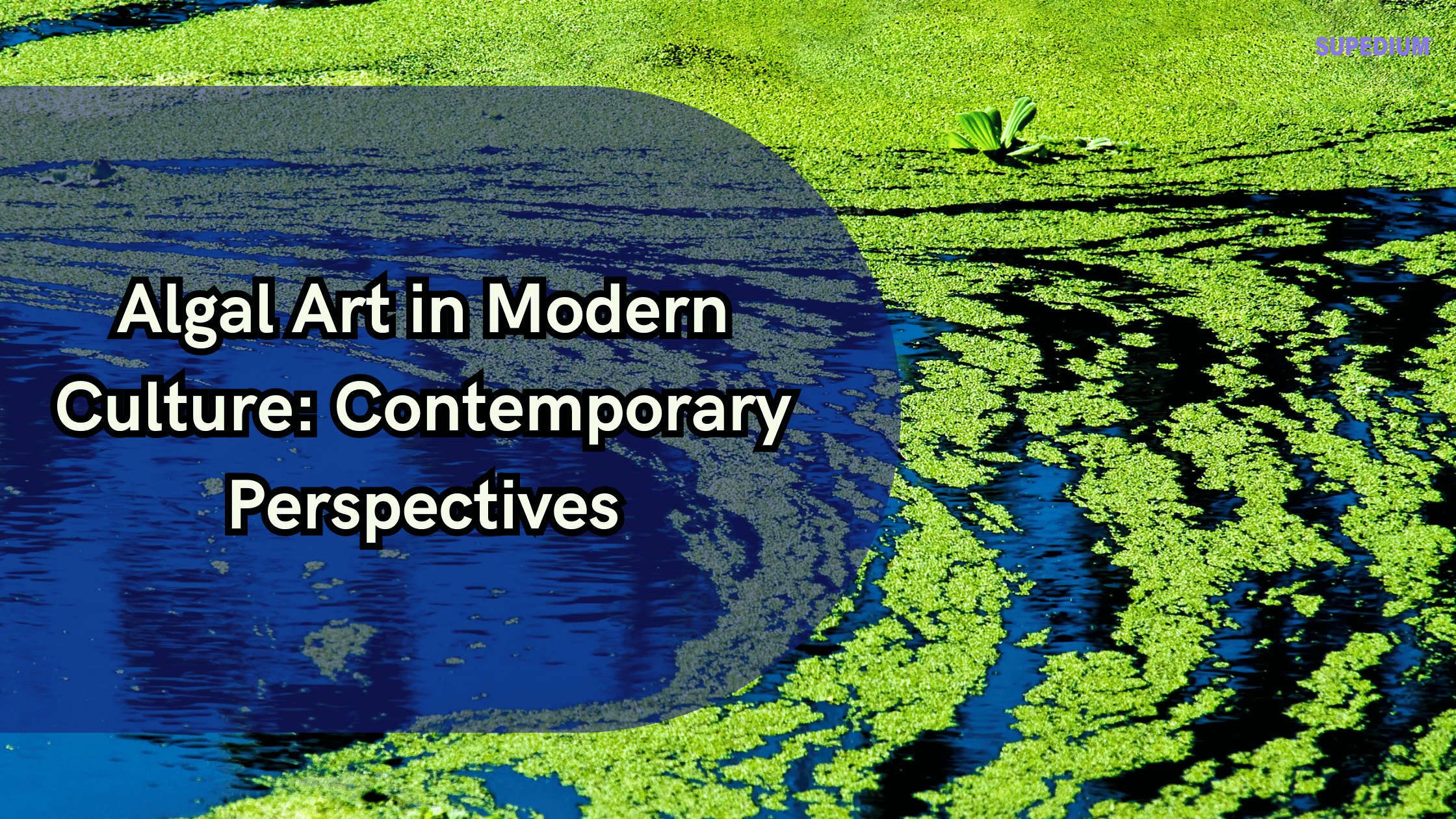Table of Contents
![]()
I. Introduction
The algal nitrogen cycle is a crucial component of nitrogen cycling in aquatic ecosystems, involving the transformation and movement of nitrogen through algal systems. Nitrogen, an essential nutrient for primary production, significantly influences ecosystem health and function. Algae, both macroalgae and microalgae, play a pivotal role in this cycle by assimilating nitrogen, contributing to primary productivity, and affecting nutrient dynamics in their environments.
II. Basics of Nitrogen Cycling
Nitrogen exists in various forms in the environment, including atmospheric nitrogen (N₂), ammonium (NH₄⁺), nitrate (NO₃⁻), nitrite (NO₂⁻), and organic nitrogen compounds. The nitrogen cycle encompasses several key processes:
- Nitrogen Fixation: Conversion of atmospheric nitrogen (N₂) into ammonia (NH₃) by bacteria and archaea.
- Nitrification: The oxidation of ammonia to nitrite (NO₂⁻) and then to nitrate (NO₃⁻) by nitrifying bacteria.
- Assimilation: The uptake of nitrogen compounds by organisms, converting them into organic forms.
- Ammonification (Mineralization): The breakdown of organic nitrogen compounds back into ammonia.
- Denitrification: The reduction of nitrate to nitrogen gases (N₂ or N₂O) by denitrifying bacteria, completing the nitrogen cycle.
III. Algal Role in the Nitrogen Cycle
Algae play a significant role in the nitrogen cycle through various mechanisms:
- Nitrogen Uptake: Algae absorb nitrogen from their environment in both inorganic (e.g., ammonium and nitrate) and organic forms. The uptake mechanisms differ between macroalgae (larger, multicellular algae) and microalgae (small, single-celled algae). Microalgae, such as phytoplankton, often uptake nitrogen rapidly due to their high surface area-to-volume ratio.
- Nitrogen Assimilation: Once absorbed, algae convert inorganic nitrogen into organic forms such as amino acids and proteins. This process supports algal growth and biomass production, contributing significantly to primary productivity in aquatic systems.
- Excretion and Release: Algae release ammonium into the surrounding water as a byproduct of nitrogen metabolism. This release can influence the nitrogen dynamics of aquatic environments, potentially affecting the growth of other organisms and the overall nutrient balance.
IV. Implications for Ecosystems
The activities of algae in the nitrogen cycle have several important implications for ecosystems:
- Primary Production and Productivity: Algae contribute to primary productivity by converting nitrogen into organic matter, which forms the base of the food web in aquatic systems. Increased nitrogen availability can enhance algal growth, leading to higher primary production rates.
- Eutrophication and Algal Blooms: Excessive nitrogen inputs from anthropogenic sources, such as agricultural runoff and sewage, can lead to eutrophication—an over-enrichment of water bodies with nutrients. This condition often results in harmful algal blooms (HABs), which can deplete oxygen in the water, create dead zones, and produce toxins harmful to aquatic life and humans. Case studies, such as those in the Gulf of Mexico and Lake Erie, highlight the detrimental effects of such blooms on ecosystem health and water quality.
- Nutrient Cycling and Ecosystem Function: Algae influence nutrient cycling by interacting with other components of aquatic ecosystems. For example, the release of ammonium by algae can affect nitrogen availability for other organisms, including phytoplankton and macrophytes. The interactions between algae and other aquatic life forms are crucial for maintaining ecosystem stability and function.
- Biogeochemical Feedbacks: Algal nitrogen cycling can influence broader nutrient cycles and climate change. For instance, the release of nitrogen compounds by algae can impact greenhouse gas emissions and alter the carbon cycle. Additionally, changes in algal populations can feedback into nutrient dynamics, affecting long-term ecosystem stability.
V. Human Impacts and Management
Human activities have significant effects on algal nitrogen cycling and ecosystem health:
- Anthropogenic Nitrogen Inputs: Nitrogen pollution from agricultural runoff, industrial discharges, and wastewater can increase nitrogen levels in aquatic environments, leading to accelerated algal growth and eutrophication. This pollution can disrupt ecosystem balance and impair water quality.
- Mitigation Strategies: Addressing nitrogen pollution requires a range of strategies, including improved nutrient management practices, such as reducing fertilizer use and enhancing wastewater treatment. Restoration and management efforts, such as wetland creation and riparian buffer zones, can also help mitigate nutrient impacts. Policies and regulations, like the Clean Water Act in the United States, aim to reduce nitrogen pollution and protect aquatic ecosystems.
- Future Research Directions: Ongoing research is crucial for understanding algal nitrogen cycling and its implications. Emerging technologies, such as remote sensing and advanced modeling, offer new insights into nitrogen dynamics. Integrated management approaches that consider the interactions between algal activity, nutrient cycling, and climate change are essential for sustainable ecosystem management.
VI. Conclusion
The algal nitrogen cycle plays a critical role in aquatic ecosystems by influencing primary productivity, nutrient dynamics, and overall ecosystem health. Understanding the complexities of this cycle and its implications for ecosystems is essential for managing and protecting aquatic environments. As human activities continue to impact nitrogen inputs and cycling, informed management practices and ongoing research will be key to maintaining ecosystem stability and resilience.
Share This





Be the first to comment